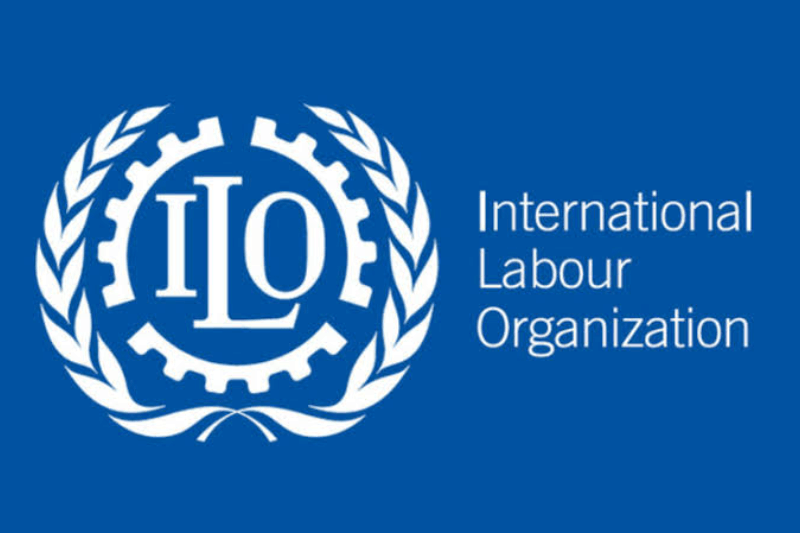
The ILO Declaration on Fundamental Principles and Rights at Work, adopted in 1998 and subject to amendment in 2022, defines a landmark commitment from governments, employers, and workers’ organizations across the globe regarding their adherence to fundamental human rights, which are of great importance to the fairness and dignity of work. Through this declaration, the member states of the ILO reaffirm their obligation towards protecting the core values:
- Freedom of association and collective bargaining rights for workers imply that they should have the liberty to form unions and negotiate for better conditions of employment.
- Elimination of forced or compulsory labor – No one should be forced to work against their will.
- Abolition of Child Labor – Every child has a right to an education and to a childhood free from exploitation.
- Prevention of discrimination at the workplace – Employment opportunities must be granted solely based on competencies; gender, race, or background bias must not form conditions.
- Safe and healthy working conditions – Each worker has the right to a safe environment that is also conducive to their health and well-being.
How the ILO Ensures Progress
By converting the aforementioned commitments into reality, the ILO has a Follow-up Procedure established to encourage member States to maintain progress in the upward direction for labor rights. The procedure entails:
Annual Review – This is a periodical review of the labor rights status in the region by the countries that have not yet ratified all fundamental conventions of the ILO. The reports list problems, progress, and assistance needed.
Global Report – Presenting an annual overview prepared by the ILO on how labor rights are being held around the globe. This highlights trends, gaps, and areas that require further policy considerations.
Technical Cooperation Projects – Support provided by the ILO by assisting countries in implementing improvements in different areas, including enhancing occupational safety and health, eliminating child labor, and bettering employment rights protection.
Holding Governments Accountable
Member States that have not yet ratified fully the core ILO labor conventions should be encouraged to do so. The ILO will evaluate the extent to which member countries implement these principles through annual reports and consultation with employers and workersThe mission is to ensure that labor rights go from being a statement of intent to one more worthy of practical realization around the world.
Hence, the ILO seeks to put principles into operational practice in every sense by promoting justice, safety, and acceptability in terms of working conditions while ensuring that economic growth does, in fact, take place without diminution of human dignity.







